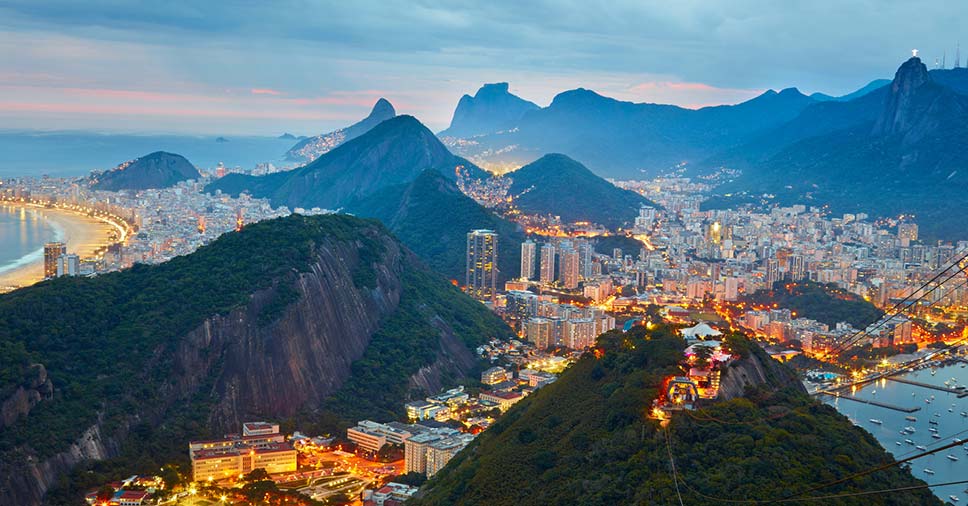RIO DE JANEIRO, BRAZIL – In February 2020, the Baía Viva Movement presented to the ALERJ (Legislative Assembly of Rio de Janeiro) a Bill to establish environmental safeguard measures and which aims to ban the dangerous and high-risk environmental disaster operation of oil transshipment between vessels known as Ship to Ship.
In Venezuela, a large oil spill caused by this operation occurred.
“Three bays within the state of Rio de Janeiro are legally protected in accordance with the Constitution of the State of Rio de Janeiro, as a result of thousands of signatures collected in person during the Constituent process. However, these ecosystems have been sacrificed over past decades by a predatory urban-industrial model. The result, sadly, is the threat of extinction of marine species – such as the grey porpoise, the symbol on the coat of arms of Rio de Janeiro -, severe impoverishment and cultural dismantling of fishing communities, and the growing number of beaches unsuitable for bathing. The Sea Economy is the main vocation or potential of Rio de Janeiro’s economy: the environmental sacrifice of Rio’s unique and beautiful bays has led to collective health issues (water-related diseases), environmental destruction and deep economic impacts,” alerts ecologist Sérgio Ricardo Verde Potiguara, founding member of Baía Viva.
Notwithstanding, by consulting the ALERJ website one can see that Bill number 1941/2020 has been shelved since March 3rd, 2020 by Deputy Márcio Pacheco, former ally of Governor Wilson Witzel and president of the ALERJ’s Constitution and Justice Committee (CCJ).

On Thursday, August 6th, at 3 PM, an online session of the Coastal Working Group was held, which is collectively building the “Pacto do Mar” (Sea Pact).
“The Pacto do Mar is a coalition comprised of diverse socio-environmental groups, artisanal fishermen, universities and public agencies’ experts who are seeking to build a network for the State of Rio de Janeiro and Brazil to meet the targets of the UN’s Sustainable Development Goals (SDOs) for 2030 and promote joint actions and mobilizations, in addition to environmental awareness campaigns with the population and the coastal municipalities of Rio de Janeiro to encourage the adoption of Public Policies aimed at the Decade of the Oceans proposed by the UN to begin on January 1st, 2021.”
The Baía Viva Movement prioritizes in this process the implementation of the Guanabara Bay University of the Sea, a project developed in partnership with MORENA (Paquetá Island Residents’ Association), Baía Viva and the Dean of UERJ (Rio de Janeiro State University), which has already been endorsed by a Charter of Institutional Support from over 20 public and private University departments and laboratories. The proposal provides for the implementation of an Advanced Campus at Sea on the Island of Brocoió and an Advanced Campus on Land in the Solar del Rey located on Paquetá Island. A restoration project of Solar del Rey was prepared by officials of IPHAN (Institute of National Historic and Artistic Heritage) and the Municipal Secretariat of Culture (SMC) for the purpose of assigning this public facility to house the Advanced Campus on Land of the University of the Sea.
Solar del Rey, where the only Public Library in Paquetá operated for decades, has been closed and abandoned for 11 years, and its surrounding areas are covered with colonial grass. The construction, which is classified as an historical and cultural heritage, has been deteriorating since the neighborhood library was closed.

